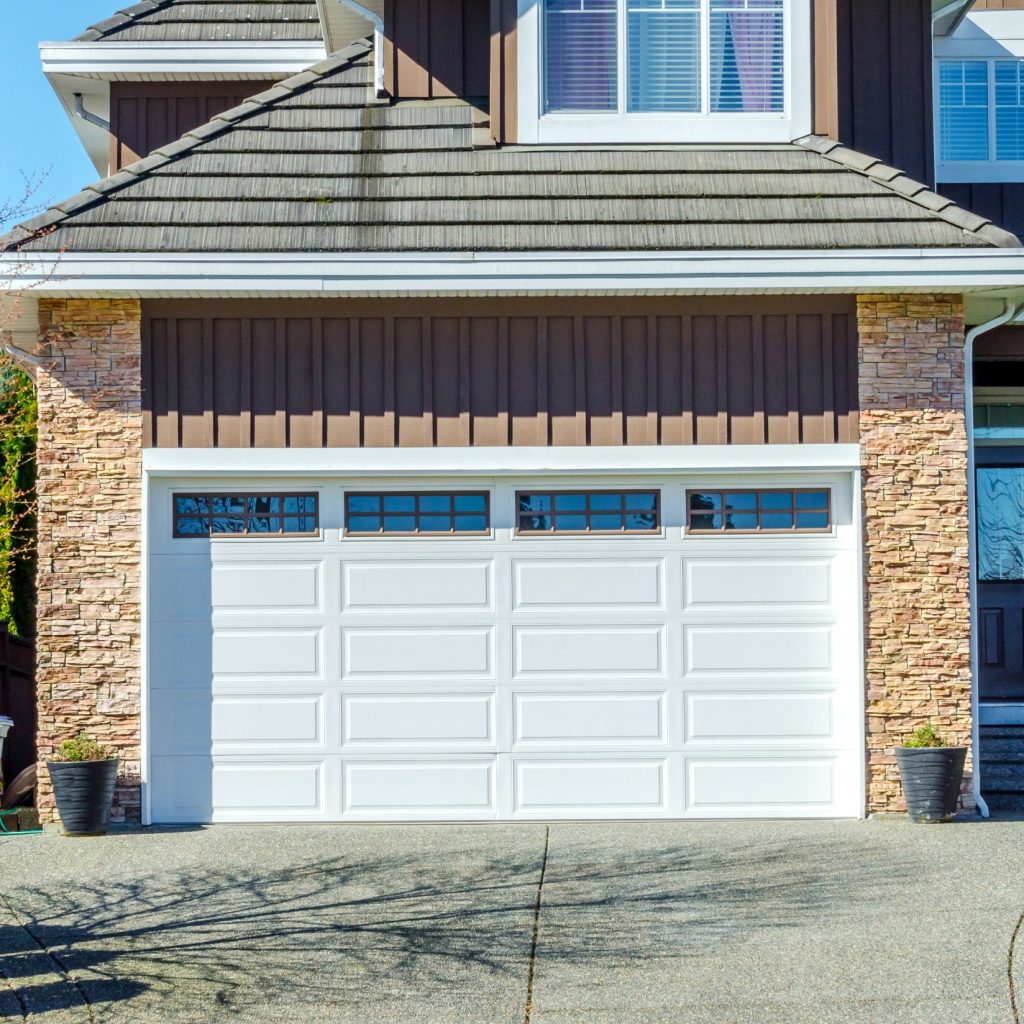
If you own property, it only seems logical that you have the right to enter and exit your land. Unfortunately, in some circumstances, it’s a bit complicated. As a result, legal documents, such as deeds, use the terms “ingress” (to enter) and “egress” (to exit) to lay out your rights.
Ingress and Egress Easements
An easement grants you the right to use someone else’s land for a specified purpose. You do not own the property. Instead, you have the right to do what the easement says you can do on the land.
An ingress easement gives you the right to enter the property. An egress easement lets you leave the property. Both parties must agree and sign a document regarding the easement. This agreement is typically written into the deed or a separate document and then recorded with the country clerk.
Recording easements are essential so that future owners can also benefit from the agreement.
When do you need ingress and egress easements?
There are several common situations where a homeowner would need an ingress and egress easement.
Land-Locked Property
One of the most critical instances that require easements is for a land-locked property. If your land does not have an access point, such as a public street, you’ll likely need to enter through someone else’s property. Similarly, if the only road that accesses your property is private, you’re also land-locked.
You’ll need an “Easement by Necessity” to cross someone’s property to get to yours. This access may be in the form of a road easement to access the private road.
Easements may also specify if you share responsibility for the maintenance of the property that grants your easement.
Utility Service
A utility provider may need a “Utility Easement” to access your property to maintain and service its equipment or to run utility or cable lines.
Neighbor
A property owner may grant a private easement to a neighbor. For example, if a neighbor’s property, such as a shed or fence, is partially on your land, a private easement can specify where your neighbor can enter and exit your property to do maintenance work.
Your Ingress and Egress Rights
If you purchase a land-locked property, check if it has any easements that allow access to the property. Chances are the previous owner had a similar issue.
If the property owner denies you entry onto his property despite your easement rights, you might need to go to civil court to enforce the easement agreement. Conversely, if someone else is not following the terms of the easement agreement, you may also need to go to civil court.


